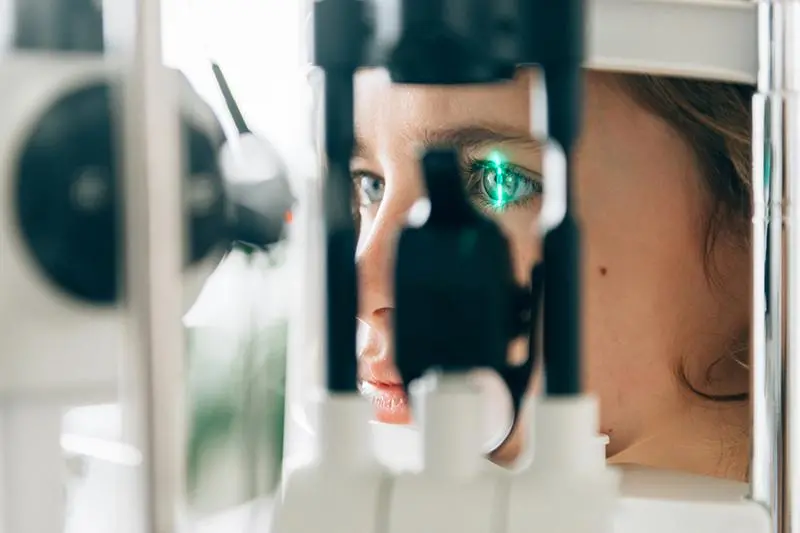PHOTO
A Qatar University (QU) research team, led by computer engineering professor Sumaya al-Maadeed, has filed a patent for a ‘smart hat’ for computer software systems, methods, devices, and products to help people with visual impairments.
The smart assistant device helps the visually impaired navigate and takes real-time images to know where they are and their direction. The method involves sending the image to a single-board computer, processing the images, and providing navigation assistance to the user based on the processed image.
Prof Sumaya holds several patents in various fields with her research on artificial intelligence (AI) and applying it to images in the security and medical fields. She began by analysing images of faces and fingerprints for use in the forensic identification of the owner of the image, in addition to using advanced methods of crowd management using drones.
“We have submitted a number of patents funded by QU and the Supreme Committee for Delivery and Legacy (SC). We have collaborated with the Security Committee of the SC to develop and benefit from many research projects locally and globally, including video surveillance systems based on deep learning and used in various tasks, including crowd counting, detecting abnormal events, detecting objects, recognising human movements, and others.
“Recently, the development of automated video surveillance systems has become critical to ensuring the security and safety of the population, especially during events involving large crowds, such as sporting events. AI is paving the way for computers to think like humans, and machine learning and deep learning are paving the way even more by adding training and learning components.
“In the fields of AI in medicine, I started with cancer detection research using microscopic images with multiple optical spectra, and we recorded several inventions and systems that we seek to market in the future, in cooperation with Al-Ahli Hospital in Qatar and Hamad Medical Corporation. In relation to the Covid-19 pandemic, we were able to develop several programmes to analyse medical images and the voices of patients to understand their infection and the stage of the virus.
“Another research project that I supervised is the use of smart methods in education, and we have applied it in several schools in Qatar with the support of the Ministry of Education and Higher Education. I currently supervise graduate students looking at methods and programs to analyse writing to identify dysgraphia and dysphasia from a young age, for Arabic speakers and others,” she added.
© Gulf Times Newspaper 2022 Provided by SyndiGate Media Inc. (Syndigate.info).




















